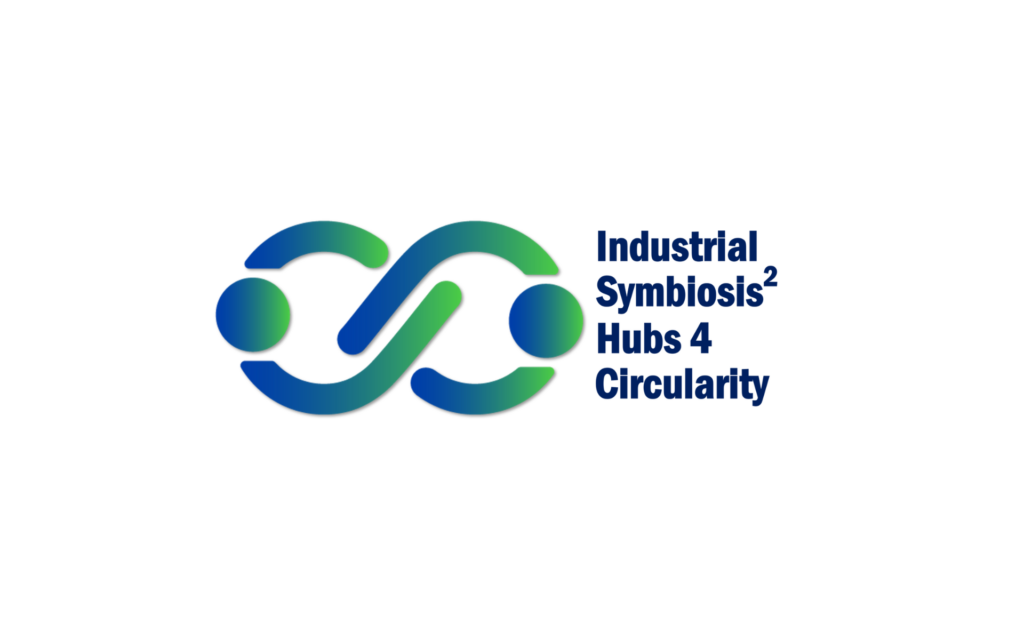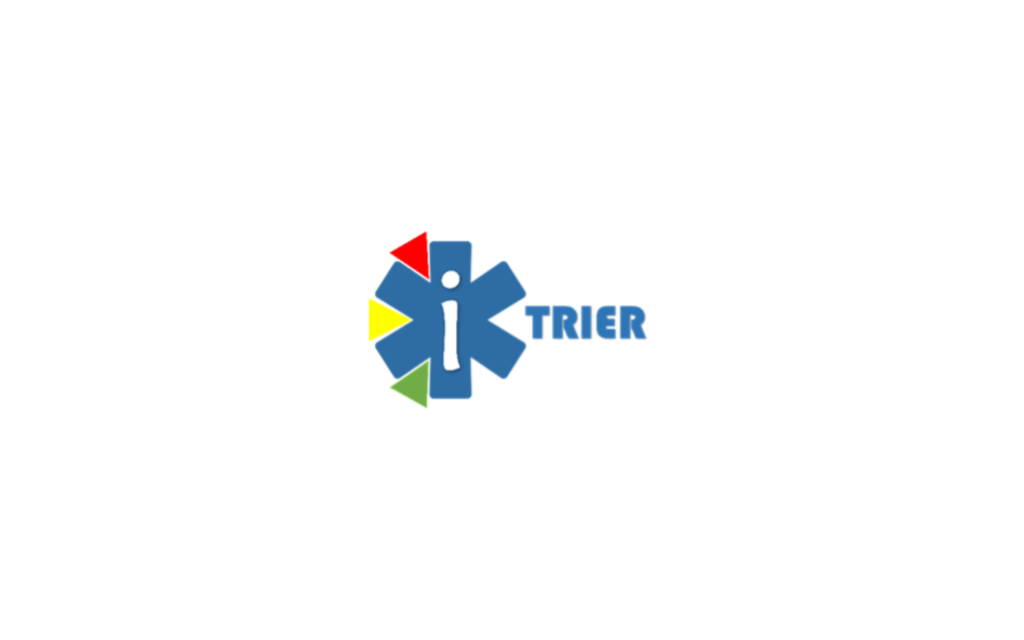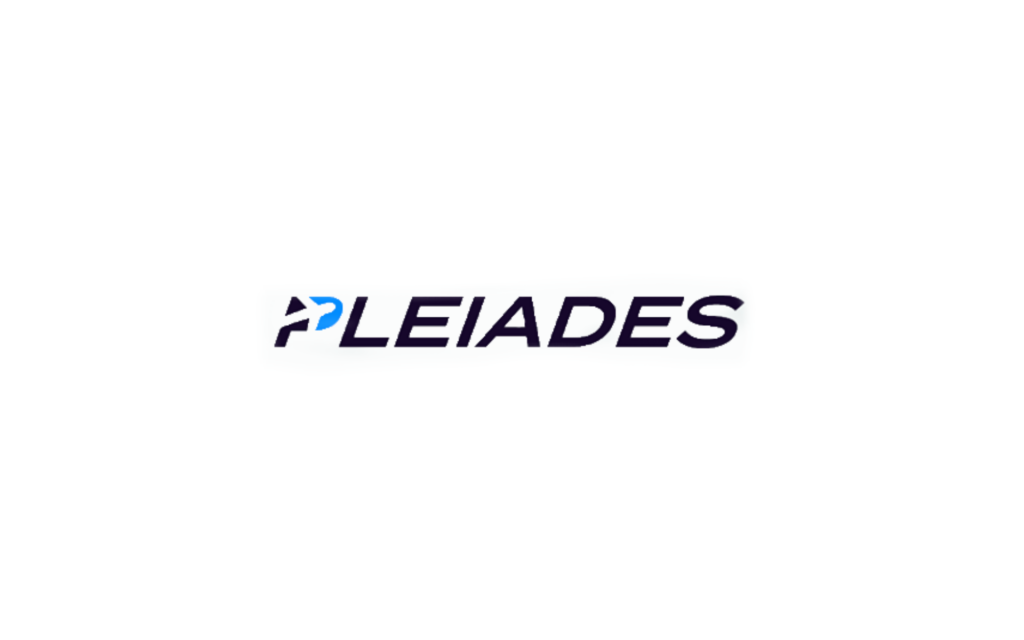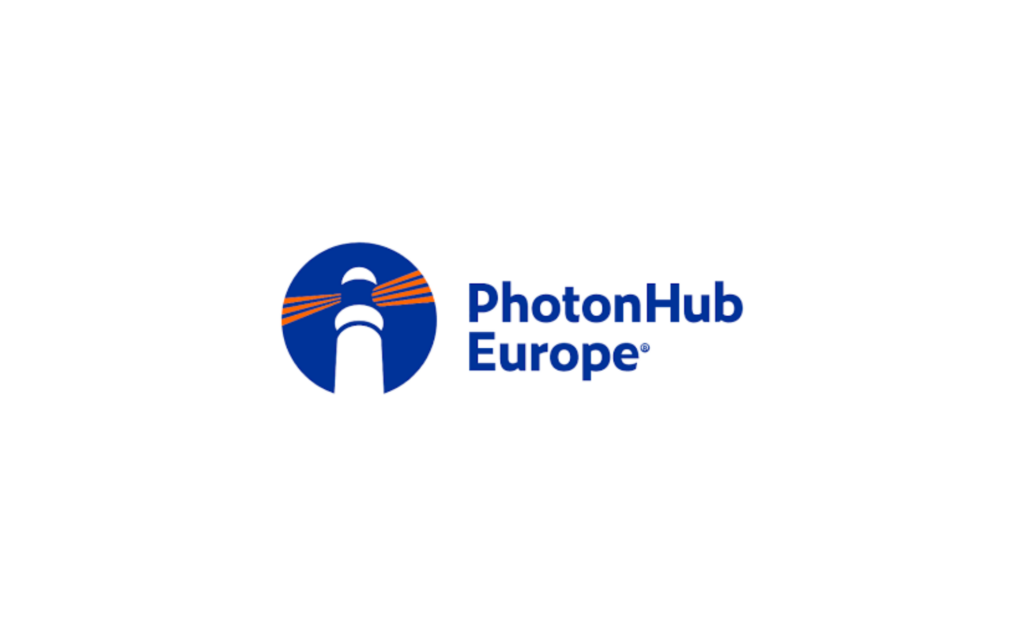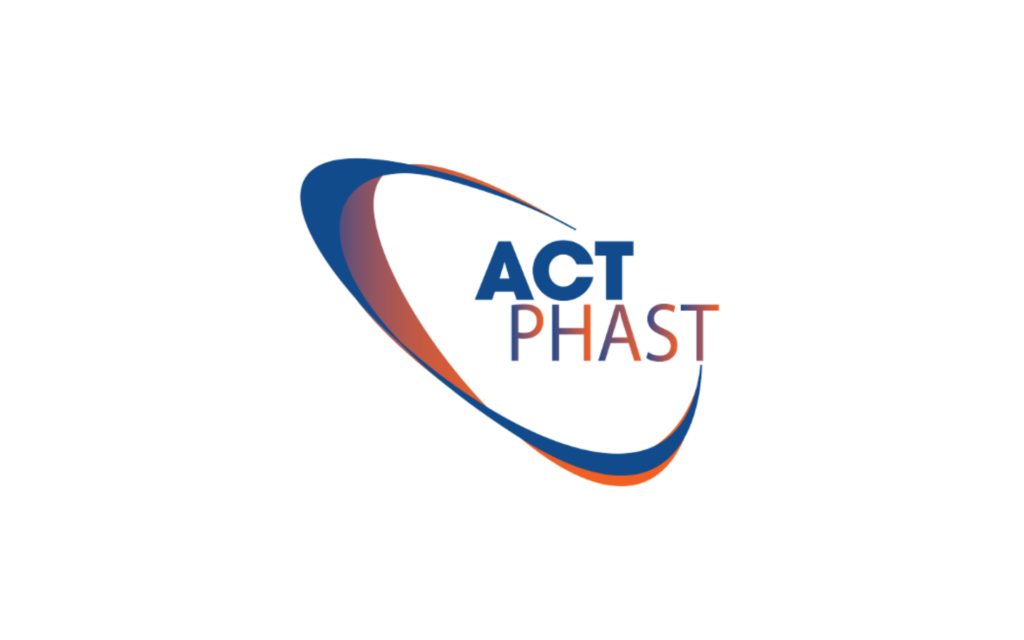Recognizing European potential for hosting deep land primary CRM by combining new mineral models and advanced exploration and visualization techniques DEXPLORE seeks to address Europe’s reliance on critical and strategic materials (CRM and SRM) from non-EU countries by delivering a comprehensive suite of mineral exploration technologies aiming to improve Europe’s understanding of its potential to…
Category Archives: Partner
Sustainable Circular Economy Transition: from Industrial Symbiosis to Hubs for Circularity Existing heavily industrialized areas are currently incapable of adopting large-scale industrial symbioses in terms of shared technology/infrastructure use, waste integration, energy and material utilization, as well as expanding through surrounding ecosystems in an inclusive manner for the society despite many of the EU’s key…
An integrated approach to enhance food systems resilience, advocating for food security and uninterrupted food supply SecureFood is a 42-month, €8m Horizon Europe project, that embraces a systems-thinking approach to transform global food security and address the complexities in food production and delivery that exist around the world. The goal of SecureFood is to establish…
Evidence-based Participatory Decision Making for Cancer Prevention through implementation research Colorectal cancer (CRC) is one of the most common cancer types, particularly among populations with lower socioeconomic status due to adverse health behaviors. The ONCODIR project addresses CRC prevention through multidisciplinary research methods, integrating health policy analytics, social and behavioural science, AI-powered multi-omics, retrospective data…
Innovative Triage management system strengthening Resilience and Inter-operability of Emergency medical service Launch Year: 2022End Year: 2024 i-TRIER addresses the challenges associated with the effectiveness and efficiency of Emergency Medical Services (EMS) and Civil Protection agencies decision making, management and response to major emergencies, either due to natural disasters or man-made incidents, supporting the development of novel,…
Advancing Aerospace Composites through Induction Welding & New Vitrimeric Formulations Enhanced by Integrated Photonic Sensors, Providing Data to Digital Supply Chain, SHM, Maintenance [January 2025 – December 2027] PCRL participates in PLEIADES Project. The composites aerostructures market is projected to grow to 116 billion by 2030, attributed to the increasing demand for advanced materials in…
Quantum Secure Networks Partnership [March 2023 – February 2027] PCRL participates in QSNP Project. The Quantum Secure Networks Partnership (QSNP) project aims at creating a sustainable European ecosystem in quantum cryptography and communication. A majority of its partners, which include world-leading academic groups, research and technology organizations (RTOs), quantum component and system spin-offs, cybersecurity providers,…
One-Stop-Shop Open Access to Photonics Innovation Support for a Digital Europe [January 2021 – April 2026] PCRL participates in PhotonHub Europe Project. PhotonHub Europe will establish a single pan-EU Photonics Innovation Hub which integrates the best-in-class photonics technologies, facilities, expertise and experience of 53 partners from all over Europe, including the coordinators of EU pilot…
Neuro-augmented 112Gbaud CMOS plasmonic transceiver platform for Intra- and Inter-DCI applications [January 2020 – December 2022] PCRL participated in the NEBULA Project. NEBULA aimed to provide the foundations for a common future-proof transceiver technology platform with ultra-high bandwidth capabilities, offered by a CMOS-compatible toolkit and tailored to meet performance, cost, and energy metrics in both…
Accelerating Photonics Deployment via one Stop Shop Advanced Technology Access for Researchers [January 2019 – December 2023] PCRL participated in ACTPHAST 4.0 project. ACTPHAST 4.0 was a unique “one-stop-shop rapid prototyping incubator” for supporting photonics innovation by European companies, which was financially supported by the European Commission under Horizon2020. ACTPHAST supported and accelerated the innovation…


